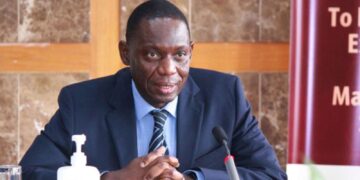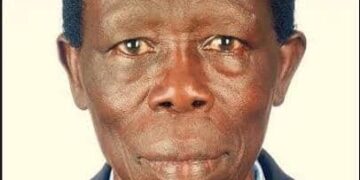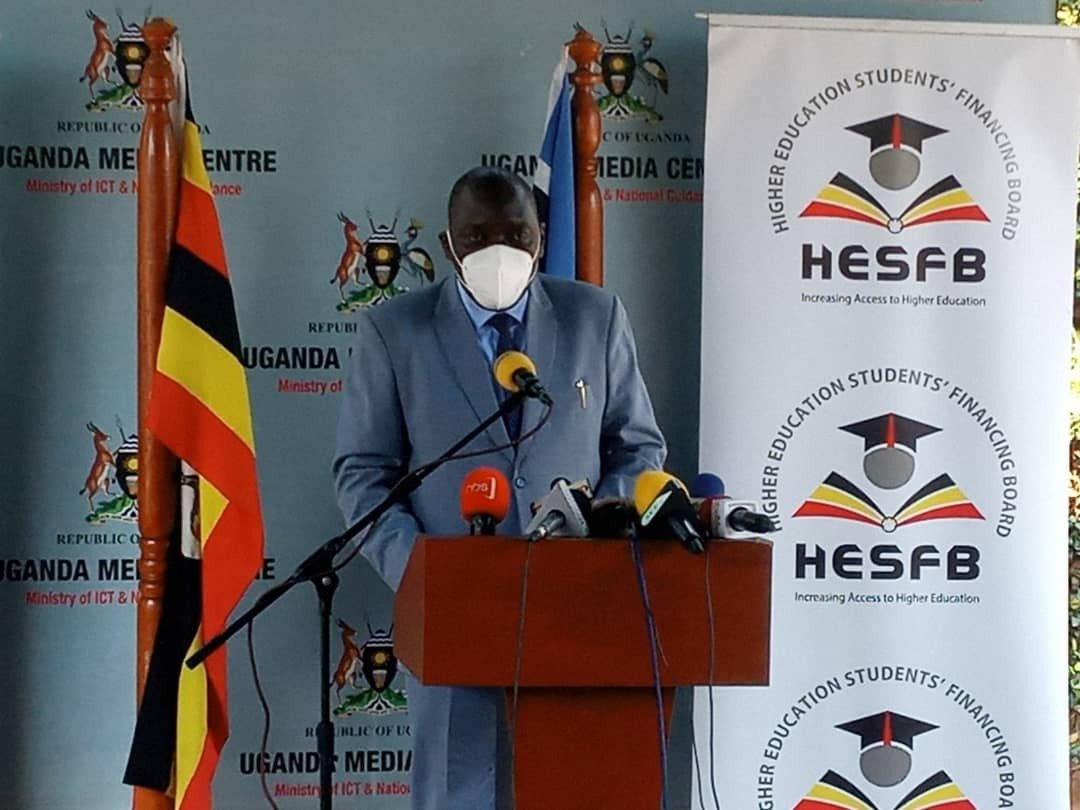Bank of Uganda (BoU) has said foreign financial institutions don’t require their authorization to be able to lend to local authorities and therefore they have no business in any dealings with them on matters of credit.
The declaration follows a decision by the Commercial Division of the High Court in Kampala on Thursday declaring illegal, the loan that businessman Hamis Kiggundu of Ham Enterprises had acquired from Diamond Trust Bank (DTB).
According to court documents, Kiggundu provided security/mortgage comprised in Plot no. 923, Block 9 located at Makerere Hill Road to support the credit facilities he had got from DTB but the businessman says when he carried out an audit and reconciliation of the loan accounts, he found out that the DTB had taken shs.34 billion and $23 million from his account.
The case which was largely perceived to be a landmark ruling sparked media criticism with a section of the population accusing the central bank for abdicating it’s role in regulating financial lending institutions.
In a statement released on Wednesday, the BoU governor, Prof. Emmanuel Mutebile has said there no law that requires foreign financial institutions to get permission from the central bank to lend to local companies and other entities.
“Bank of Uganda does not regulate extension of loans/credit or the financing of commercial transactions that are funded using funds obtained from foreign banks that do not take deposits from the public in Uganda” Mutebile said.
Prof. Mutebile noted that according to the Bank of Uganda Act, 2000 and the Financial Institutions Act, 2004, BoU is not mandated to regulate the extension of loans or credit that funded using funds of international, regional or local development finance institutions whether they are advanced and administered directly by those institutions or through financial institutions in Uganda.
“Foreign banks lending deposits held in jurisdictions other than Uganda are regulated and supervised by their home authorities. It is not mandatory for a foreign bank to establish a representative office in Uganda in order to conduct lending or non-deposit-taking activity,” he said.
“Bank of Uganda’s regulatory and supervisory powers only apply to financial institution business conducted by BoU licensed entities in or outside Uganda or activity which should be licensed as such in Uganda. These powers do not extend to activities of foreign banks outside Uganda licensed by foreign regulators.”
In Hamis Kiggundu’s case, DTB said their Kenya counterparts (DTB Kenya) had appointed DTB Uganda which is licensed to carry out business in Uganda to act as their agent and thus they operated legally to collect funds for repayment of the said credit facility from Ham Enterprises.
However, the judge overruled the same explaining that such action of appointing DTB Uganda to act as an agent of DTB Kenya ought to have been done legally and the former gets license from the Central Bank to do the job.
“These actions, in my view, are by their very nature the carrying out of financial institution business which are regulated under section 4 (1) of the Financial Institutions Act 2 of 2004 and for such actions requires valid licenses granted for that purpose by the Central Bank of Uganda,” he said.
“The fact of this matter shows syndicated financial institution business by the 1stand 2ndrespondents (DTB Uganda and DTB Kenya) aimed at dodging the seeking of a licence from the relevant authority which actions are clearly illegal such as that I would remain with no option by the authority.”
Going by Mutebile’s statement, there is no law stopping DTB Kenya from lending money to any entity in Uganda, be it Ham Enterprises as it was done since they are regulated and supervised by their home central bank.
The BoU governor’s statement also means that it was not mandatory for DTB Kenya to use DTB Uganda as their representative office in Uganda for them to legally conduct lending business.








































